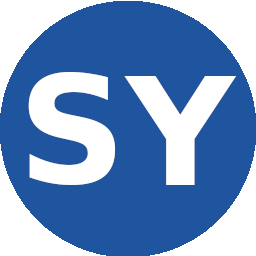The LP section is responsible for laser installations and optical beam lines used to produce charged particle beams in the CERN accelerator complex and research facilities. Under this mandate, the section undertakes the following activities:
- Operation and development of the Resonance Ionization Laser Ion Source (RILIS) of the on-line radioactive isotope separation facility ISOLDE.
- Laser spectroscopy studies of short-lived and rare isotopes in collaboration with the ISOLDE physics community.
- Research and development of photocathodes for high brightness electron sources for future accelerators. The Photoemission Laboratory, equipped with a cathode preparation system and a DC electron gun operated by the LP section, is at the heart of the R&D effort.
- Development and implementation of novel lasers and photonic methods for production of ions, electrons and plasma. Involvement in CERN Knowledge Transfer projects related to innovative laser solutions.
- Development and support of laser beam systems for the Advanced proton-driven plasma WAKefield acceleration Experiment AWAKE.
- Operation and development of the photoinjector laser systems for the CERN Linear Electron Accelerator for Research (CLEAR).
- Support and operation of the MELISSA laser ion source laboratory as well as operation of the mass separator at the MEDICIS facility, which provides radioisotopes for medical research and applications.
- Provides the laser-related know-how and support for laser applications in the AT sector. This includes advice on laser safety considerations sector-wide.
The LP section also participates in European and international R&D networks on laser technology applications for particle sources and spectroscopy of radioactive isotopes. In particular, the LP section coordinates the Marie Skłodowska-Curie Action Innovative Training Network LISA (Laser Ionisation and Spectroscopy of Actinides), which received funding from the European Union’s H2020 Framework Programme under grant agreement no. 861198.

